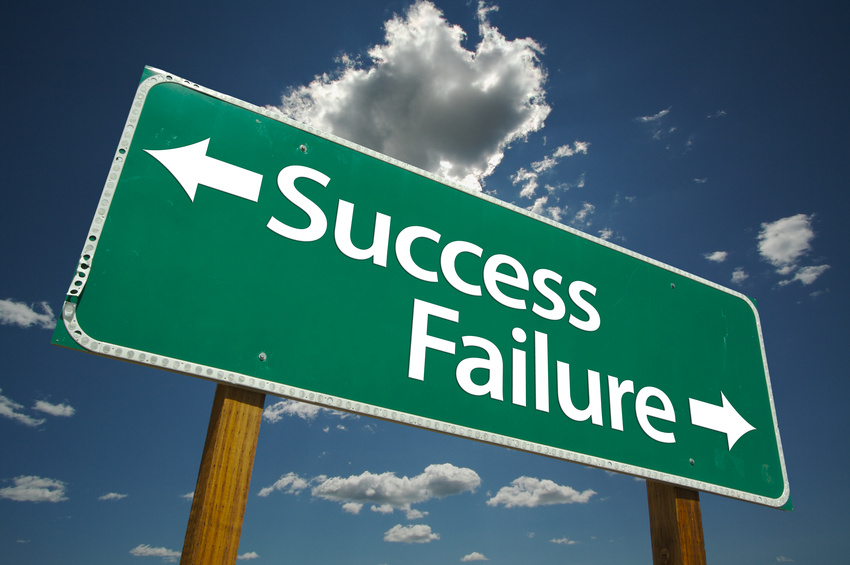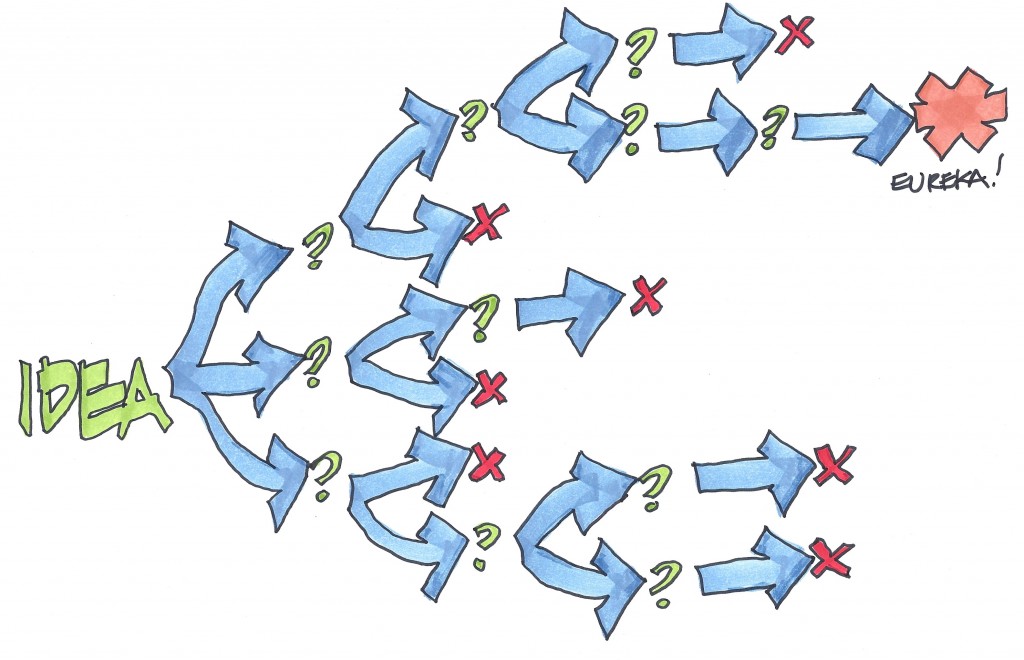In this month’s “Ask the Coach” article, I’m responding to a writer about picking up the pieces after getting burned out:
“I was on a writing streak but then I took on a project that completely burned me out. I took 4 months off from writing. Now I feel like I lost valuable time and failed getting more work out, and just don’t know where to pick up the pieces. What are some tips on how I can get out of this rut and headspace?”
In the main article, my reply included some strategies for how to rebuild, with some favorite specifics, particularly about reframing the way we think about time off and “failure.”
Here’s a list of the highlights of the article:
1. First, let’s acknowledge: you did the right thing.
2. Next, let’s reframe the time off.
3. Then, let’s see about getting you out of the “rut.”
4. Watch for hiccups and revise as needed.
5. Be aware of your overall state.
6. Notice when you choose “comforts” over writing.
7. Ramp up to more writing, gradually.
8. Take care of your creative self.
‘There’s no failure, only information.’ You learned something about what works and what doesn’t work for you. Don’t worry about catching up. Focus on rebuilding.
I’d love to answer them for you in my column.










